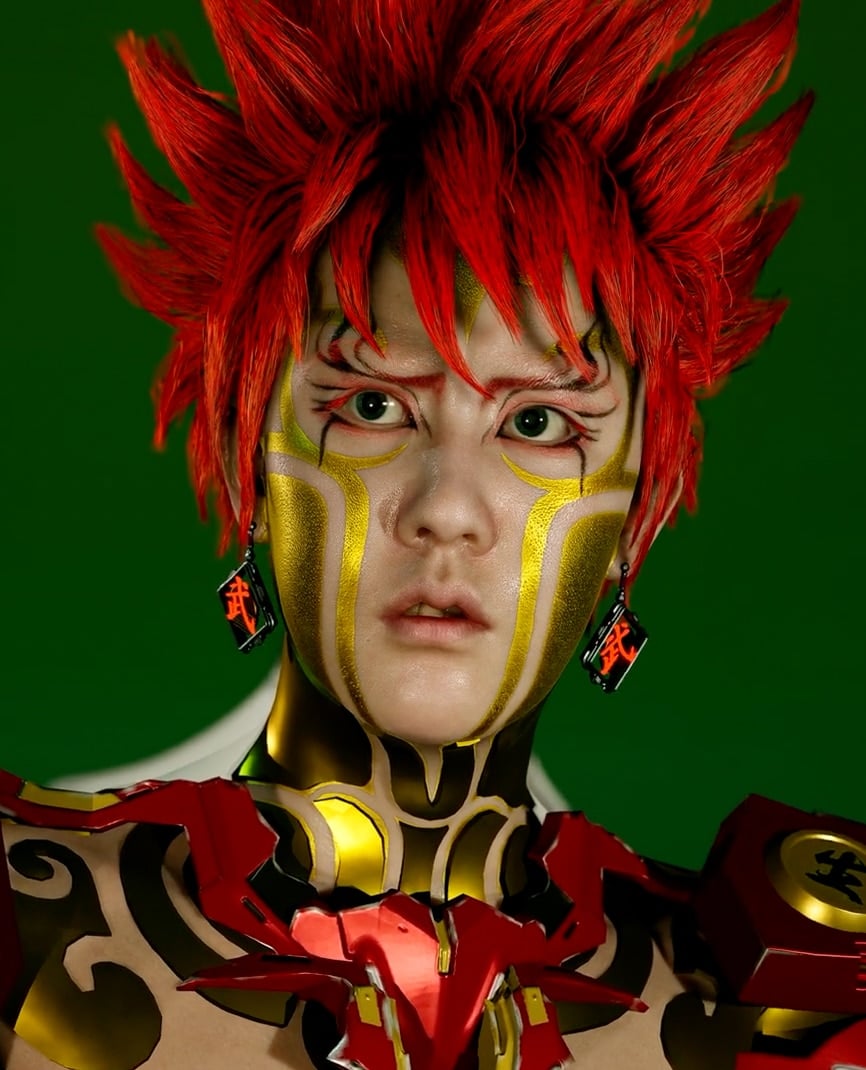
Shanghai: Bright laughter and the early blooms of spring greet me around the historic Hongkou District in old Shanghai where Lu Yang’s apartment is located. Hongkou District was once the bustling commercial centre of Shanghai from the ‘80s to the early 2000s, but it has gradually declined with the rise of commercial areas like Pudong and Xujiahui. While it’s not the most prosperous area in this cosmopolitan city, it has a nostalgic ambiance that transports you into a bygone era. Strolling through Lu Xun Park three months after the lifting of lockdown in Shanghai, the eudaemonic atmosphere seems to permeate a sense of nihilism. People try not to recall our isolation or strive to dissolve the lingering afflictions of the virus, embracing a renewed sense of joy through melodies and graceful movements. Lu Yang’s apartment is tucked away in a convenient location not far away from the park, where he often takes leisurely walks with his furry friend. In contrast to the intricate and flamboyant nature of his works, his studio is a hidden gem amid the hustle and bustle of the city.
Lu Yang is a forward-thinking creator who explores the complexities of the human condition through his artistry. He has a keen eye for exploring topics such as disease, neurology, sexuality, and human desires, expertly weaving in the rich tapestry of philosophy and East Asian pop culture to craft his stunning works. Lu Yang also has a powerful and singular personality, imbuing his works with his own essence, thereby establishing a persona that is one of a kind. My initial encounter with Lu Yang’s work was through his piece Uterus Man (2013). I was immediately drawn to its supernatural animation and the unique dance scene featuring Japanese asexual artist Yuma Hamasaqi. As I delved deeper into Lu Yang’s body of work, I discovered profound discussions on Buddhism intricately woven in, which sparked my own interest in exploring themes of Asian religious culture—a central part of our conversation at his home. It’s clear Lu Yang possesses a deep passion for art and an innate intuition that sets his work apart. The birth of his artistic vision is akin to the moment of satori in Buddhism. With a sudden burst of creative inspiration, he springs into action, collaborating with his team to conjure up fascinating and uncanny creations.
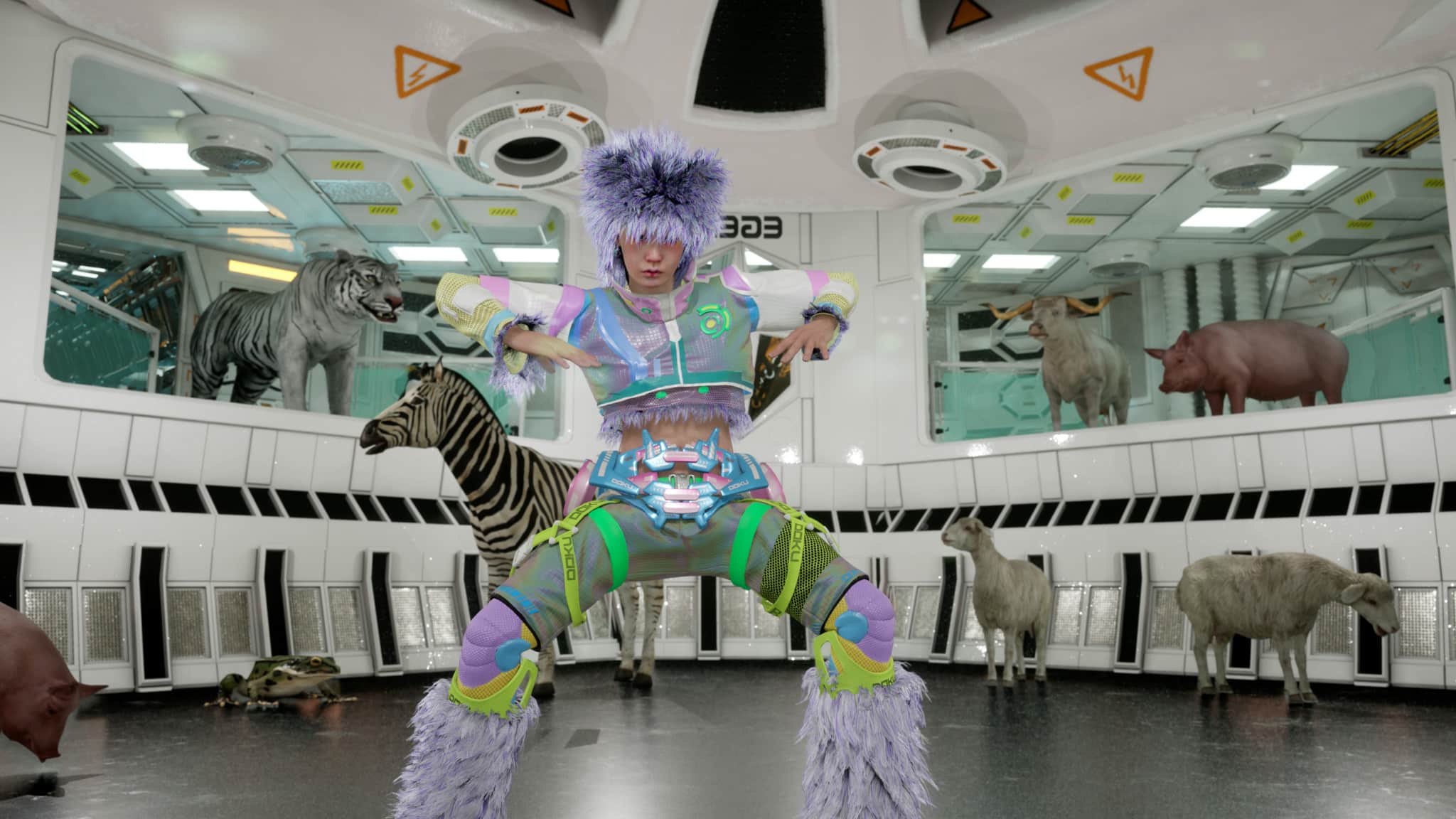
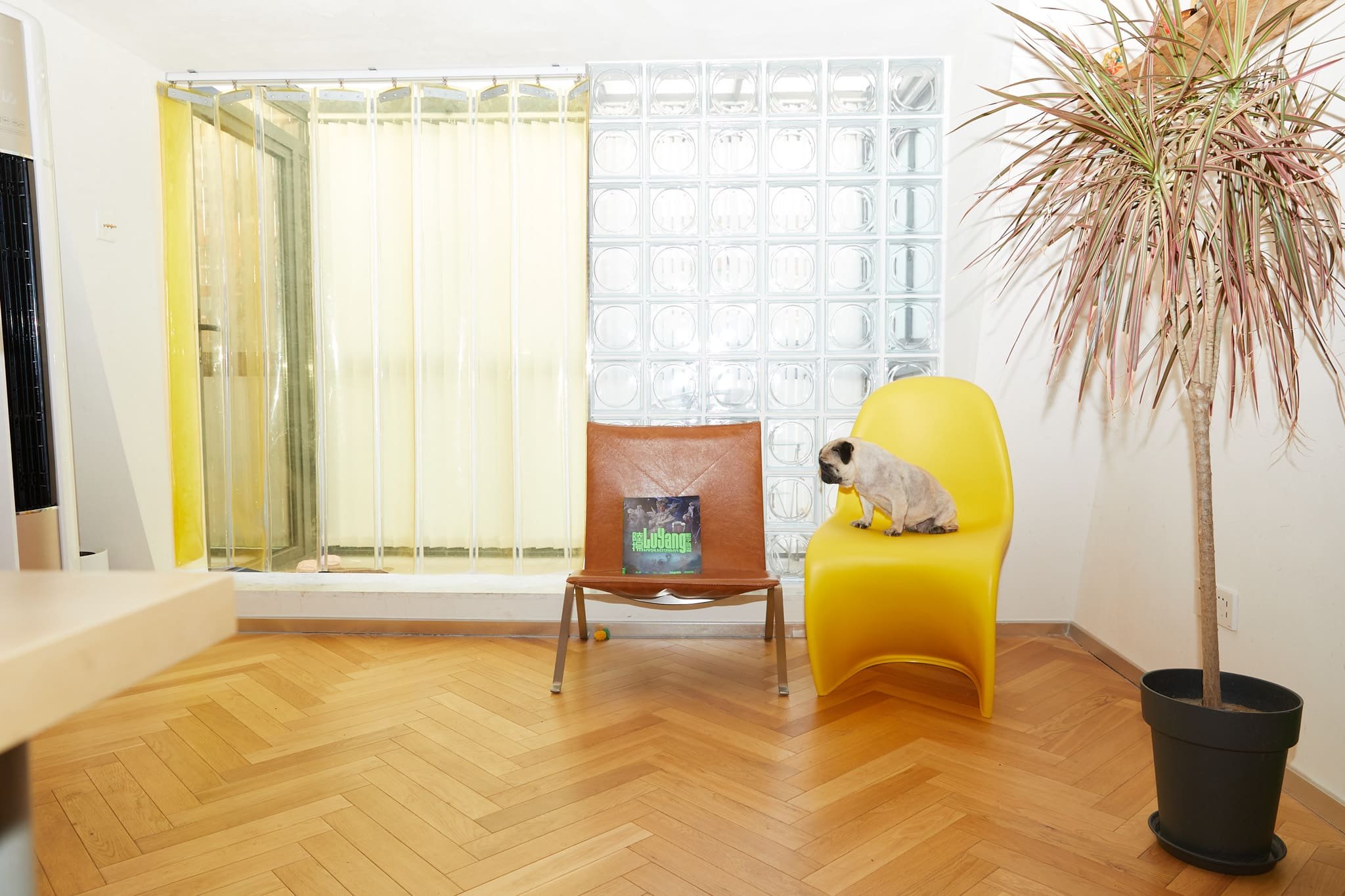
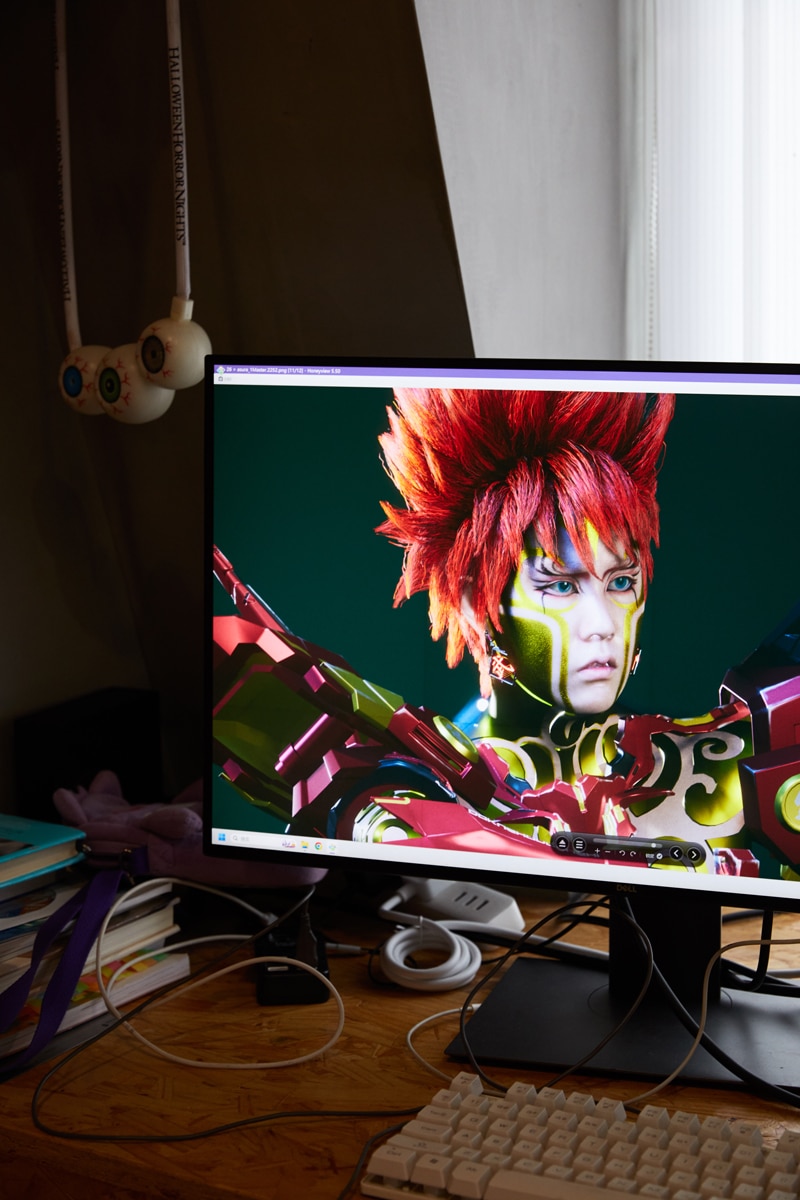
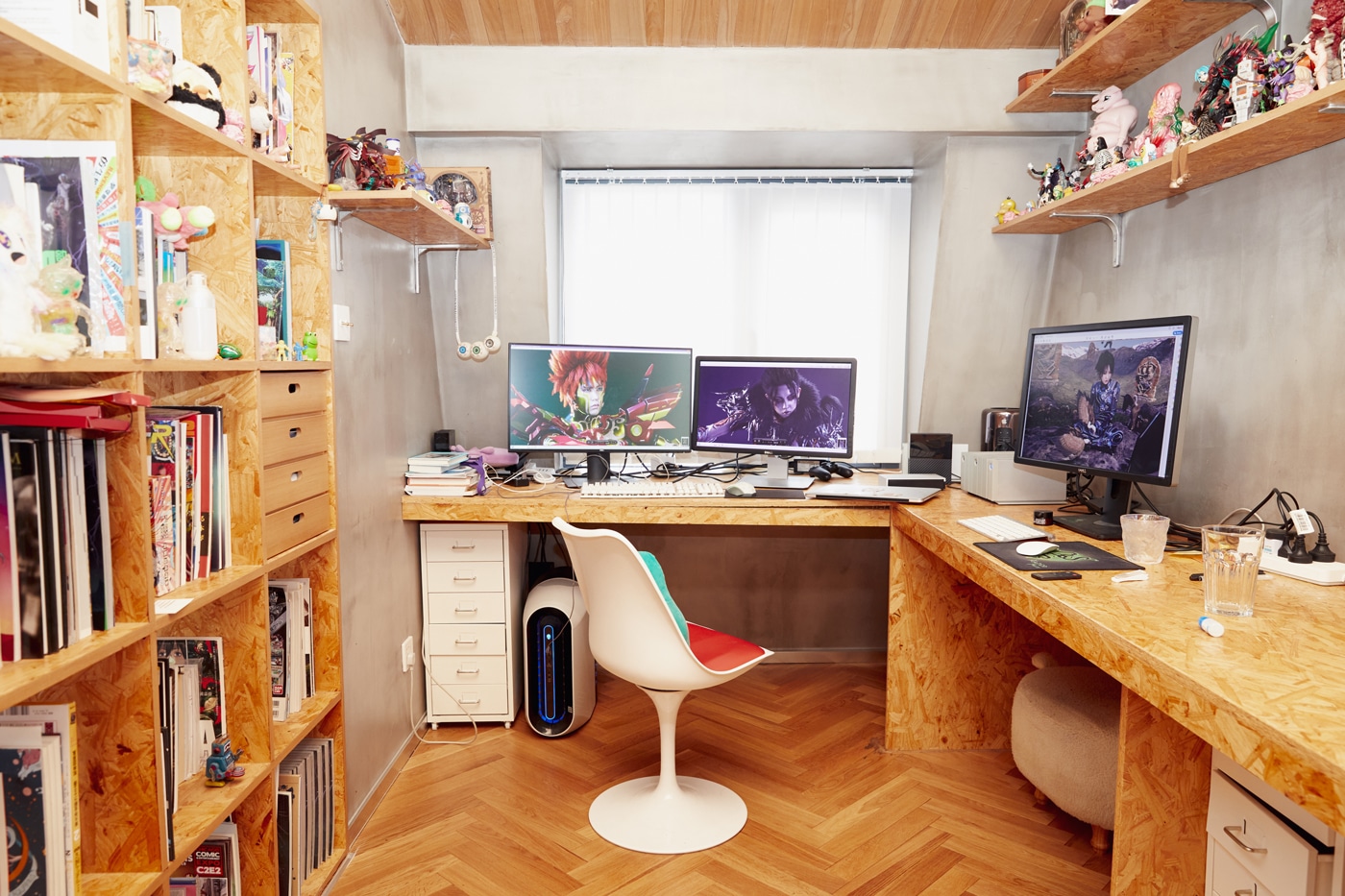
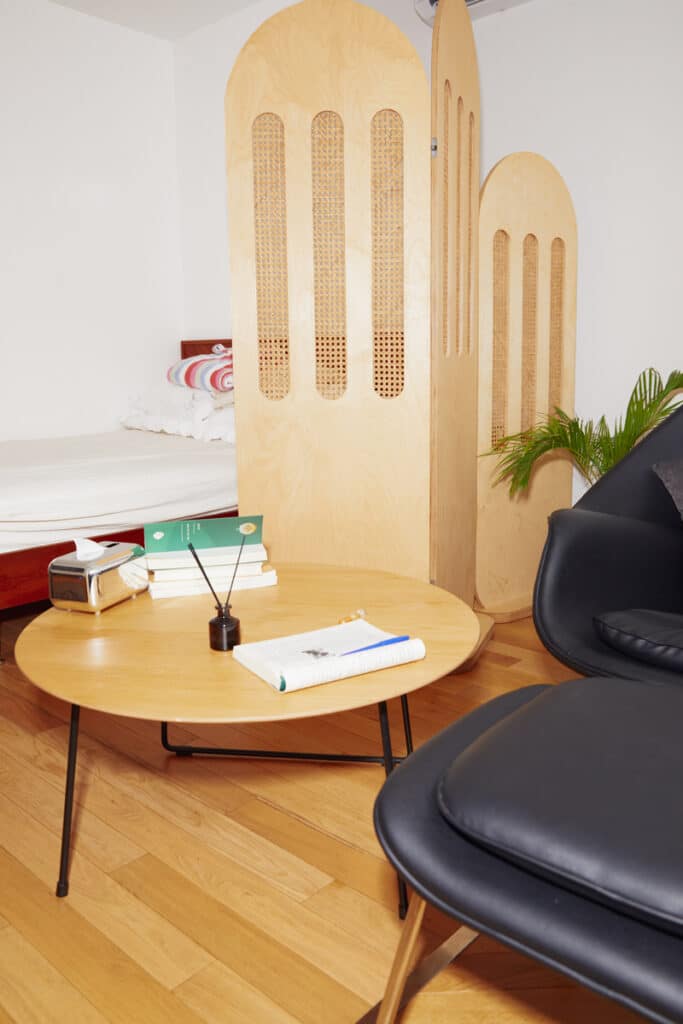
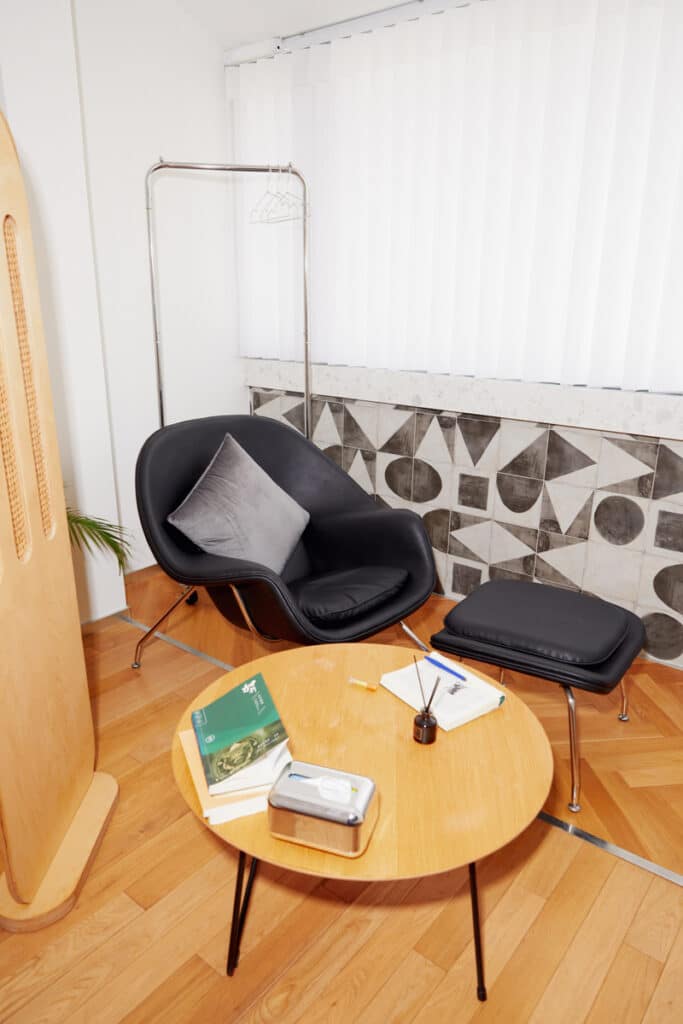
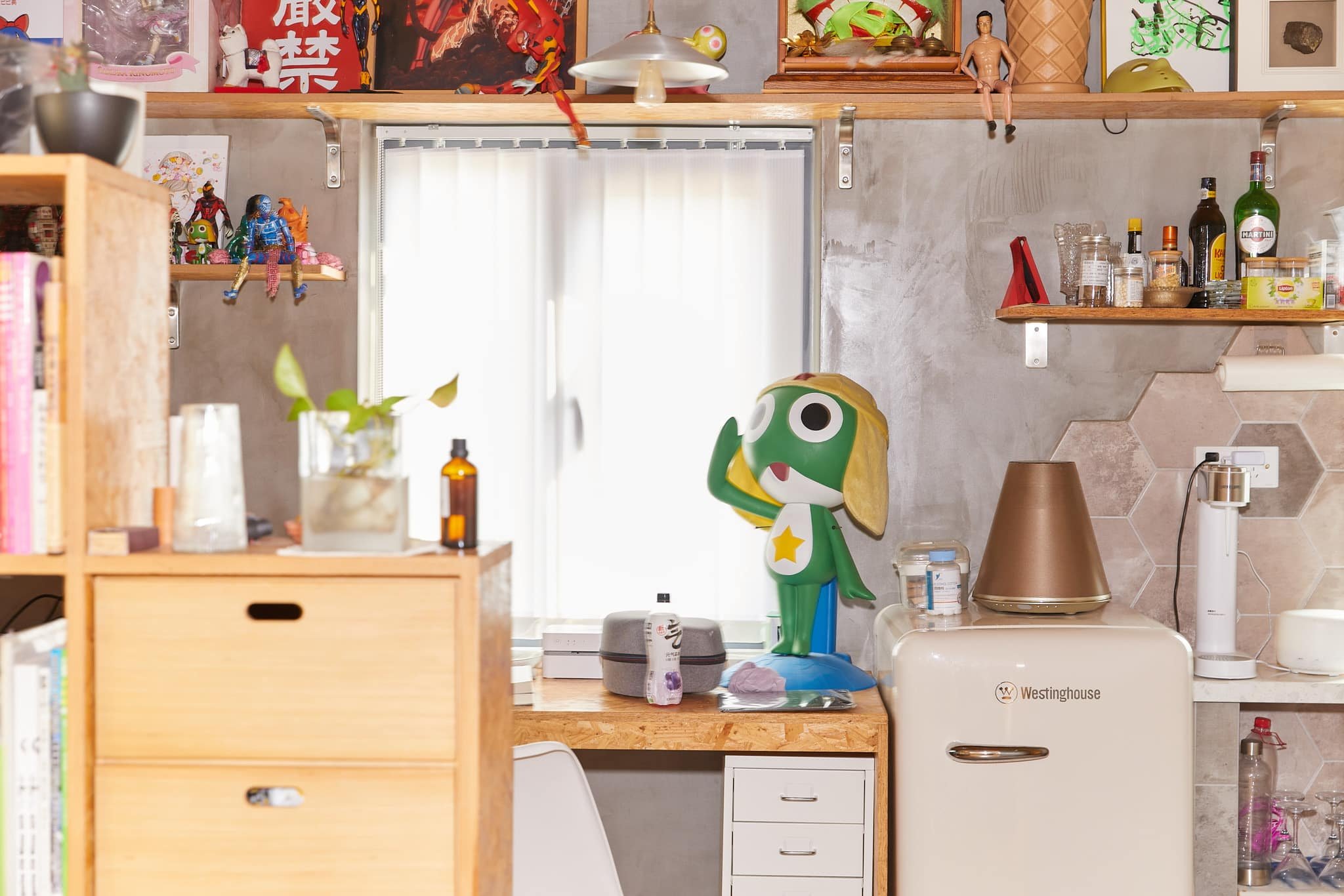
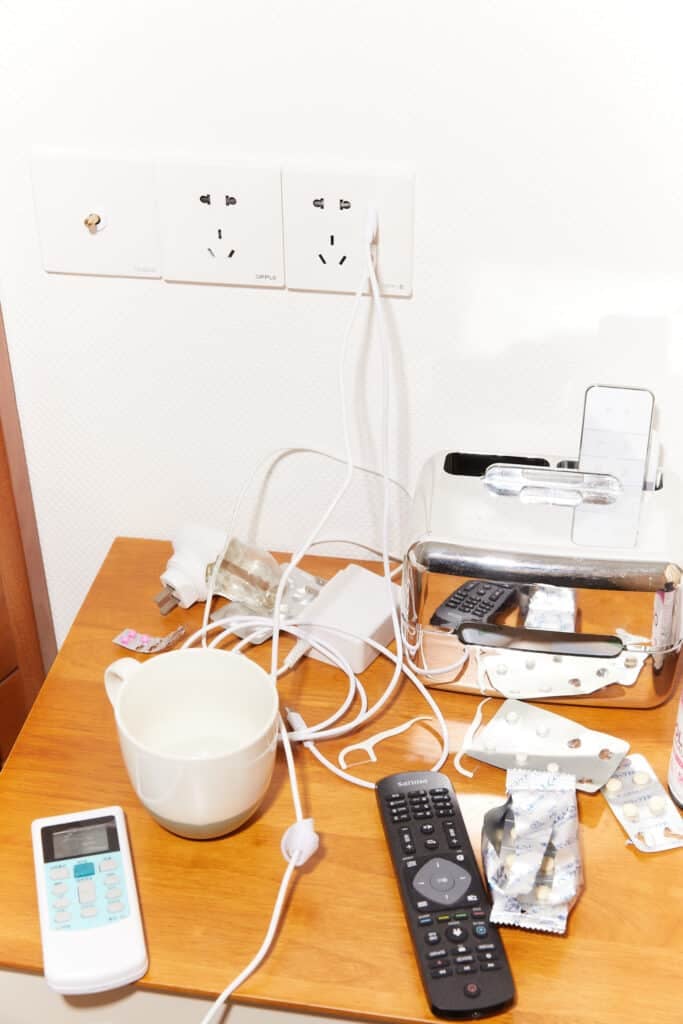
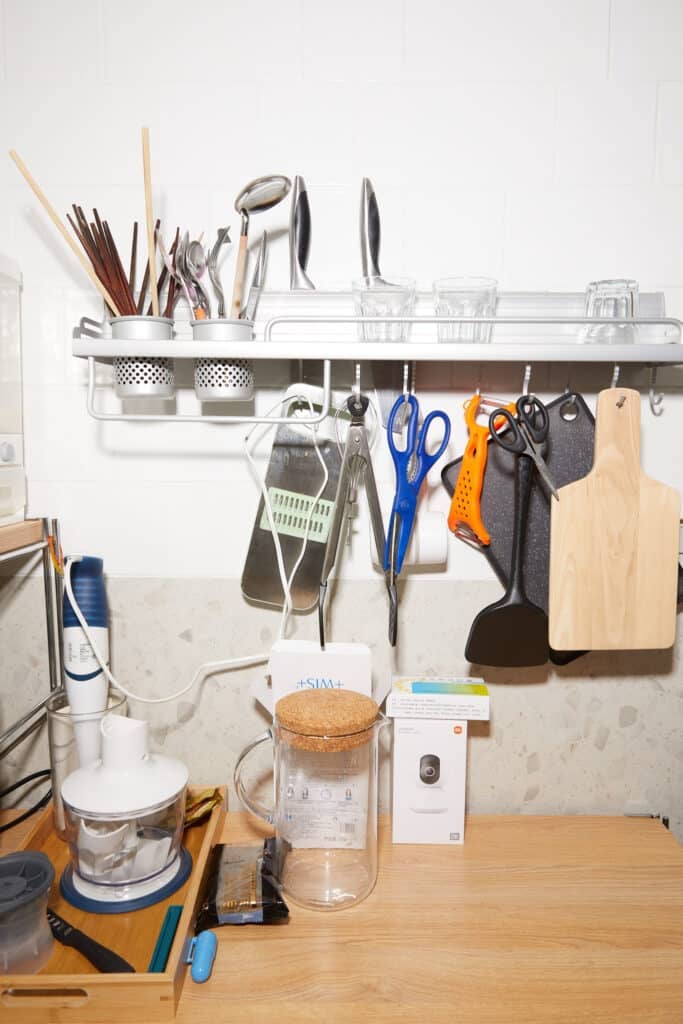
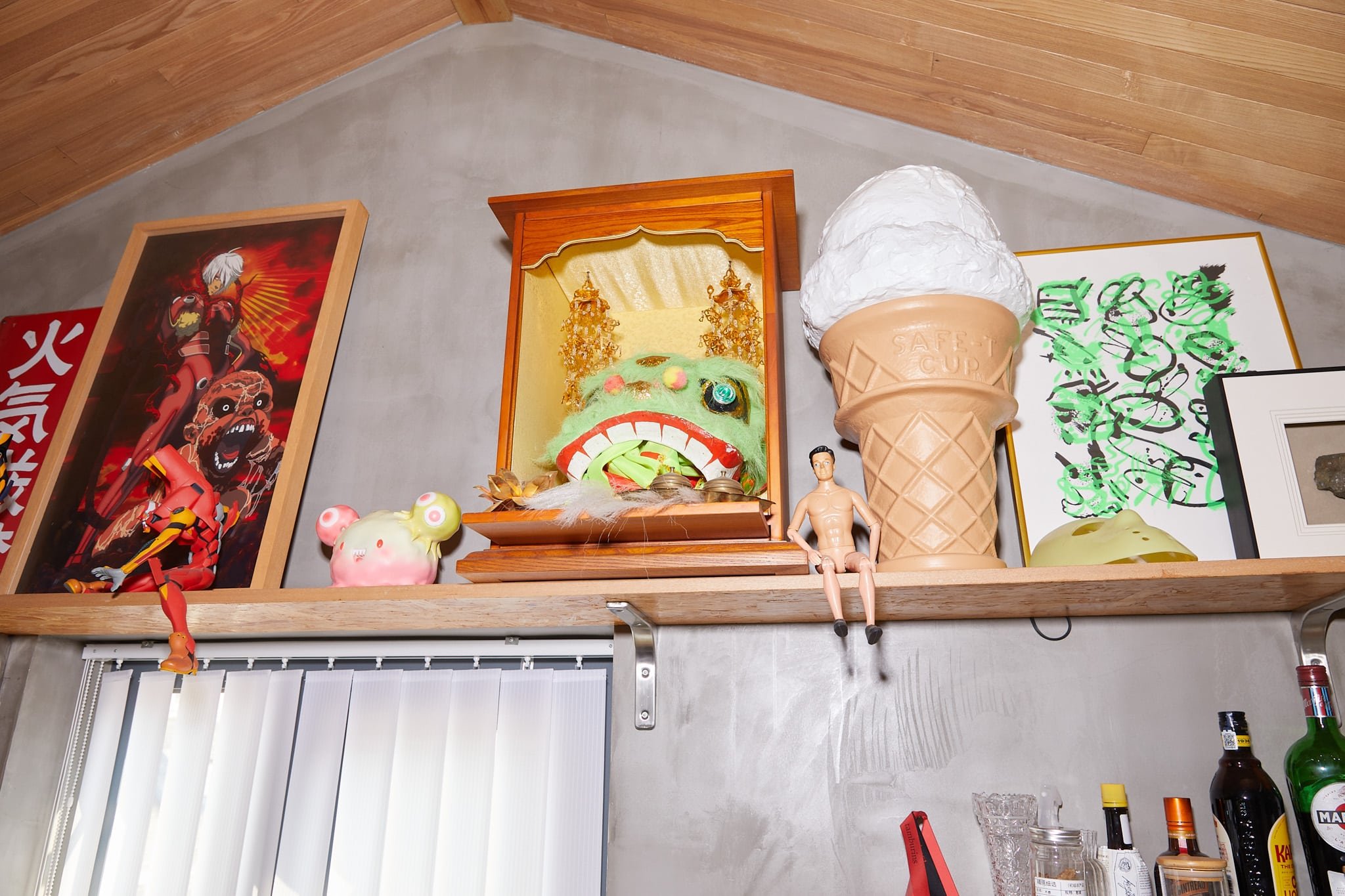
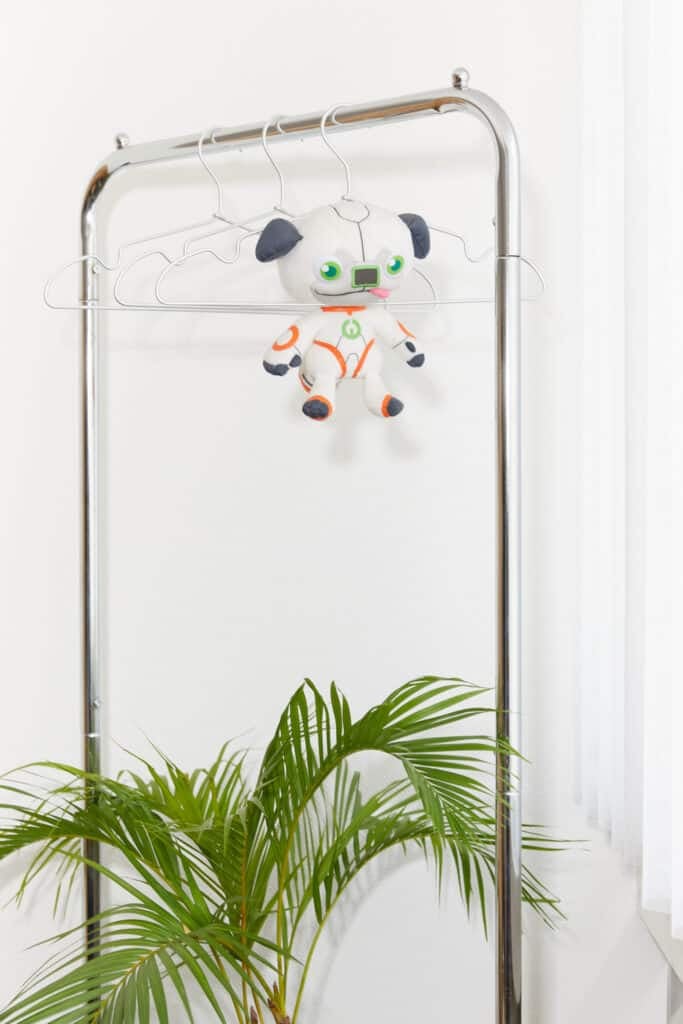
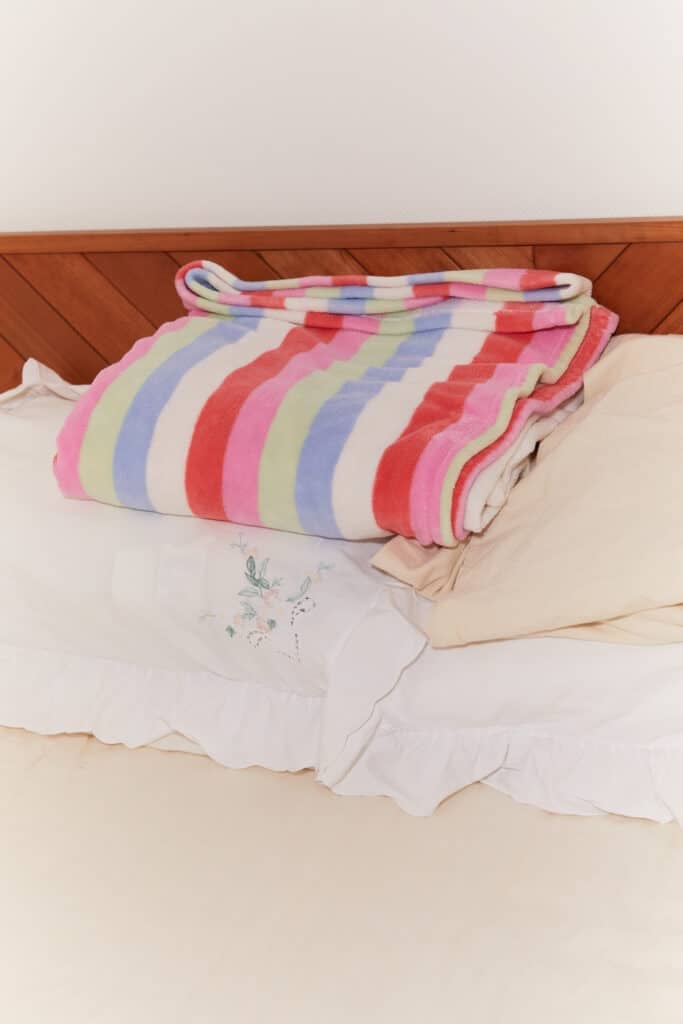
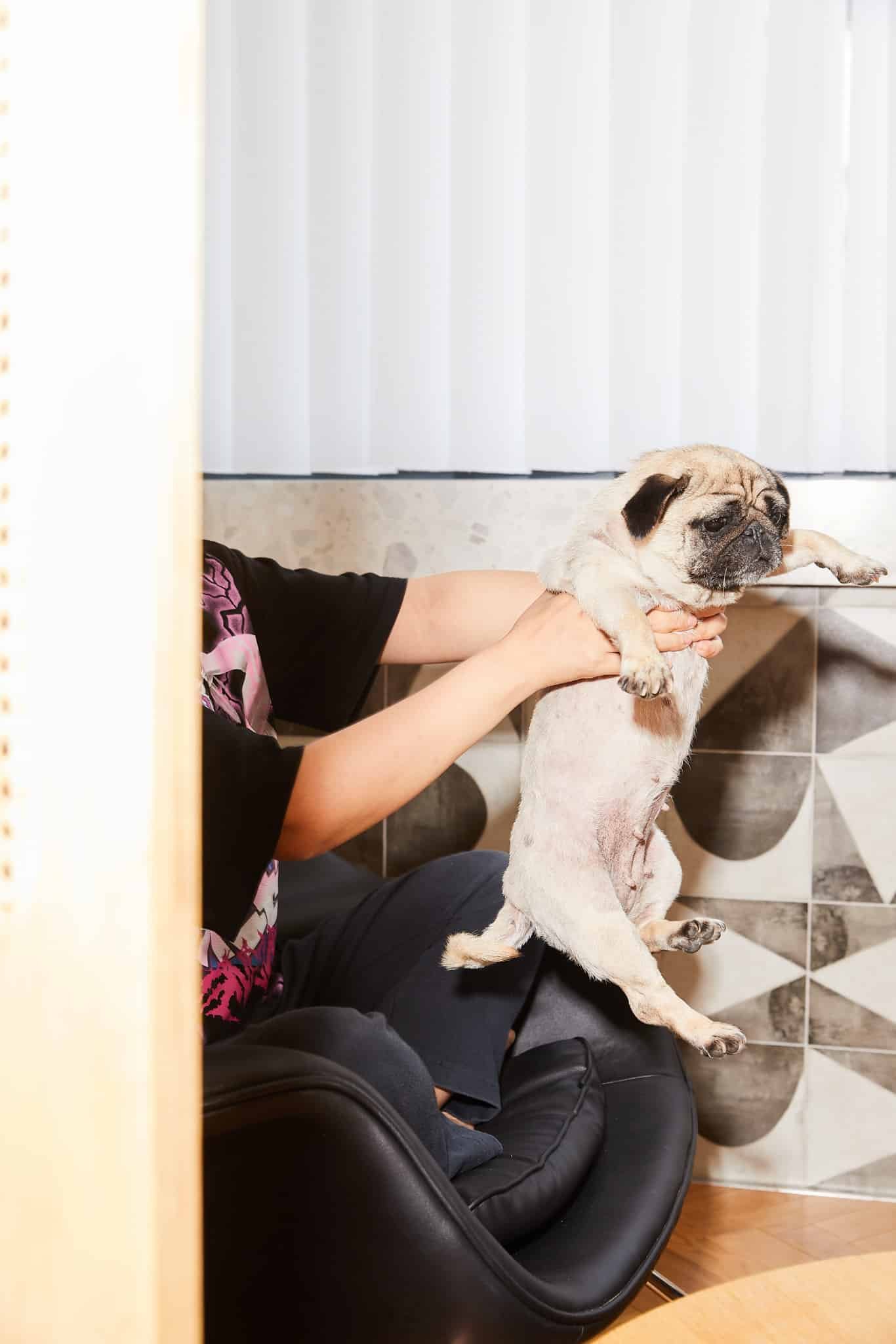
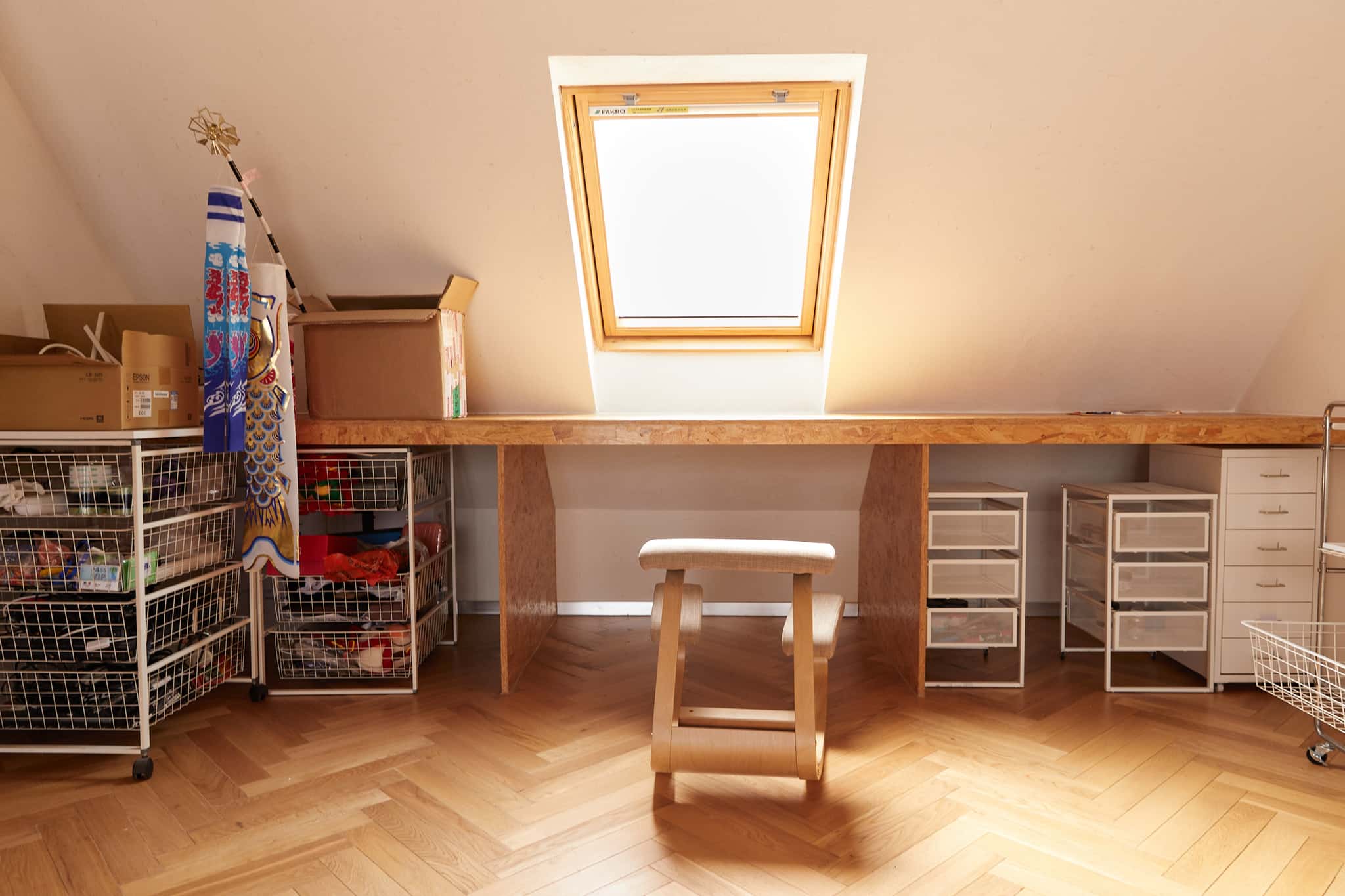
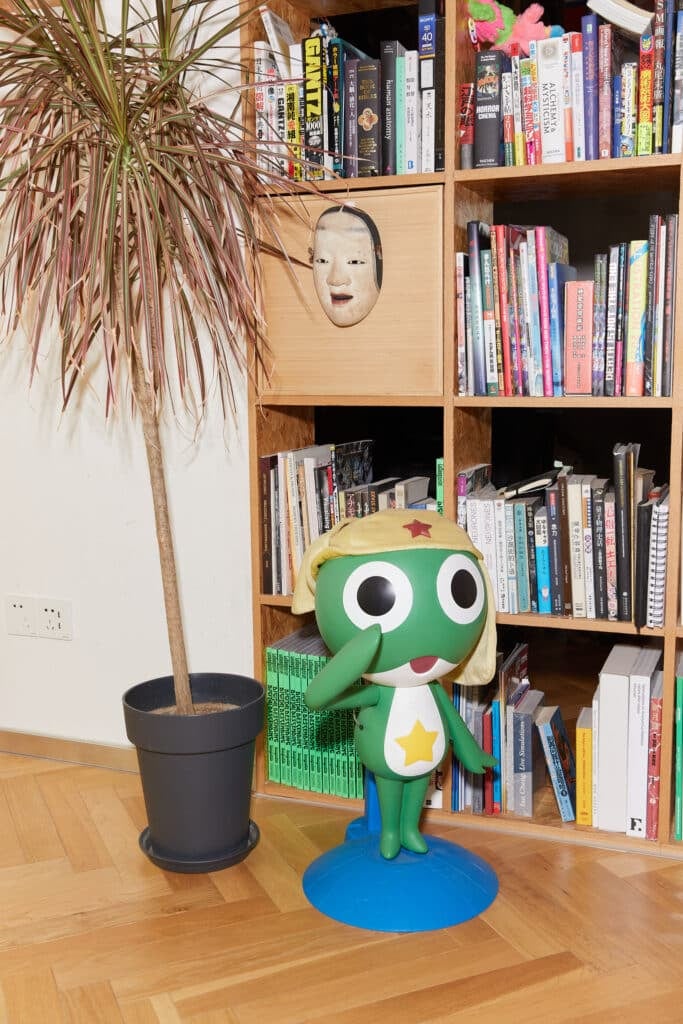
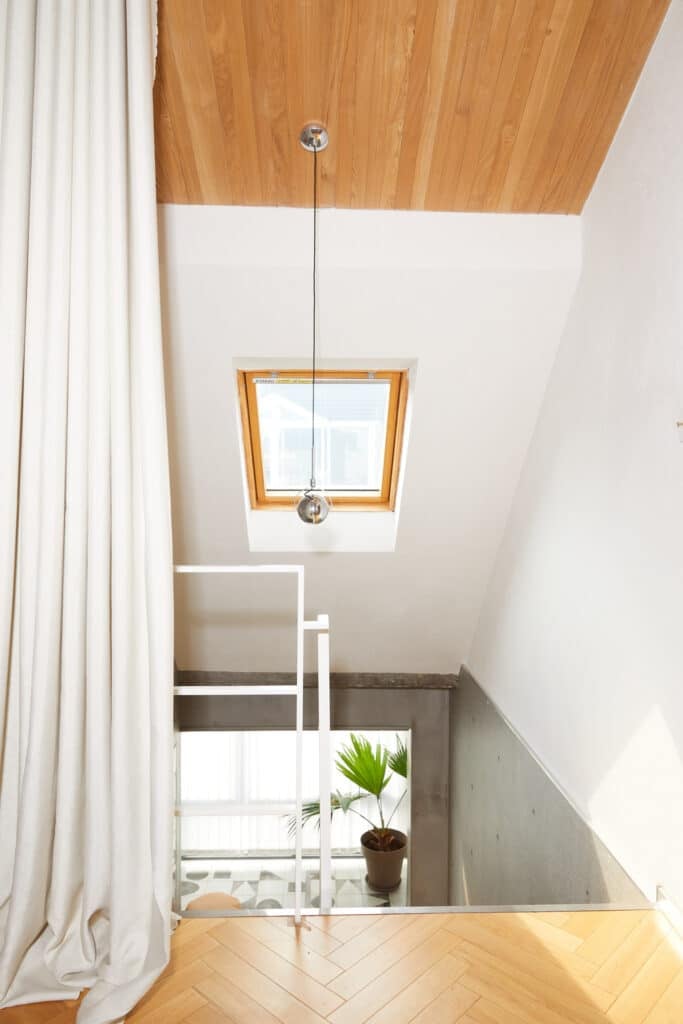
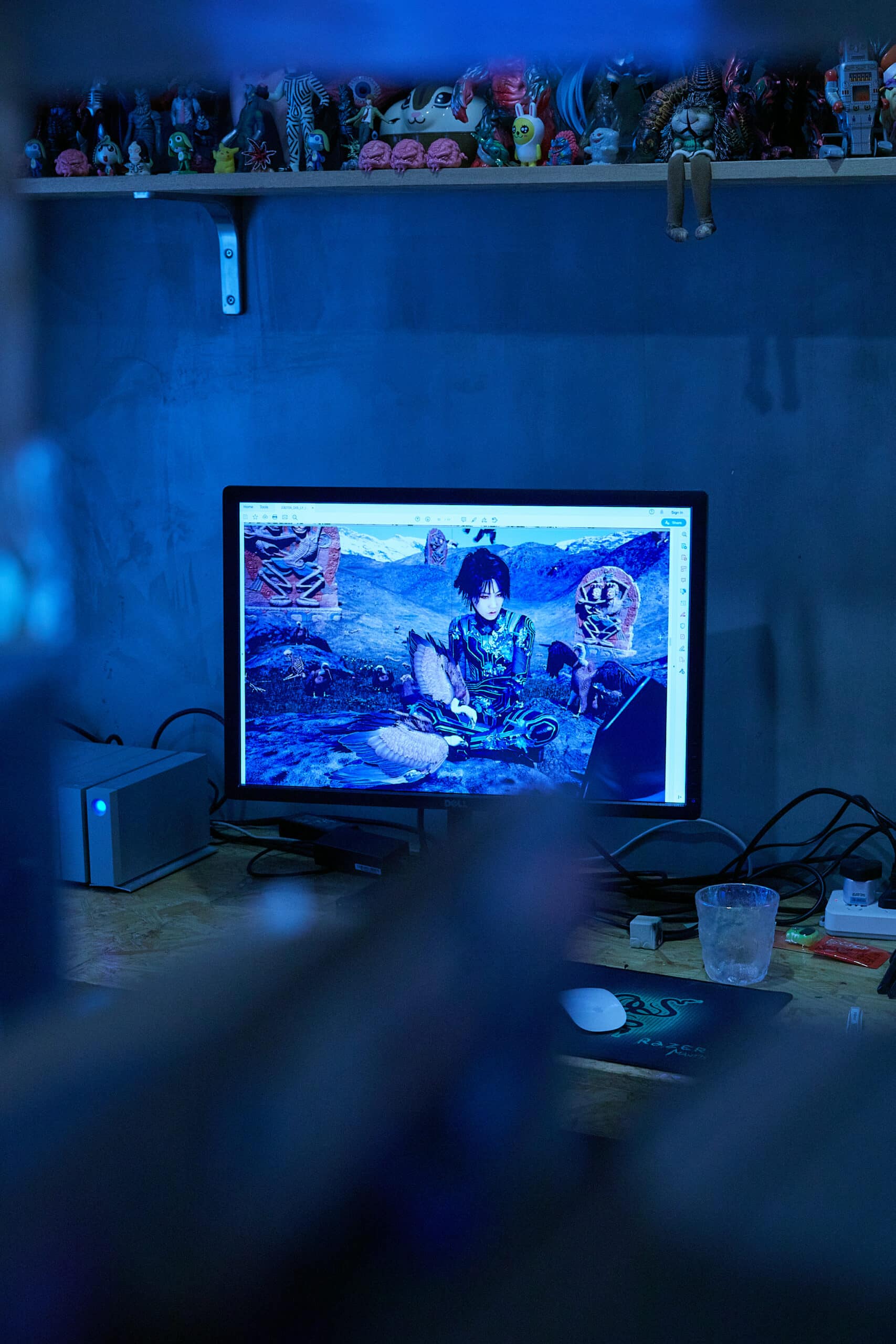
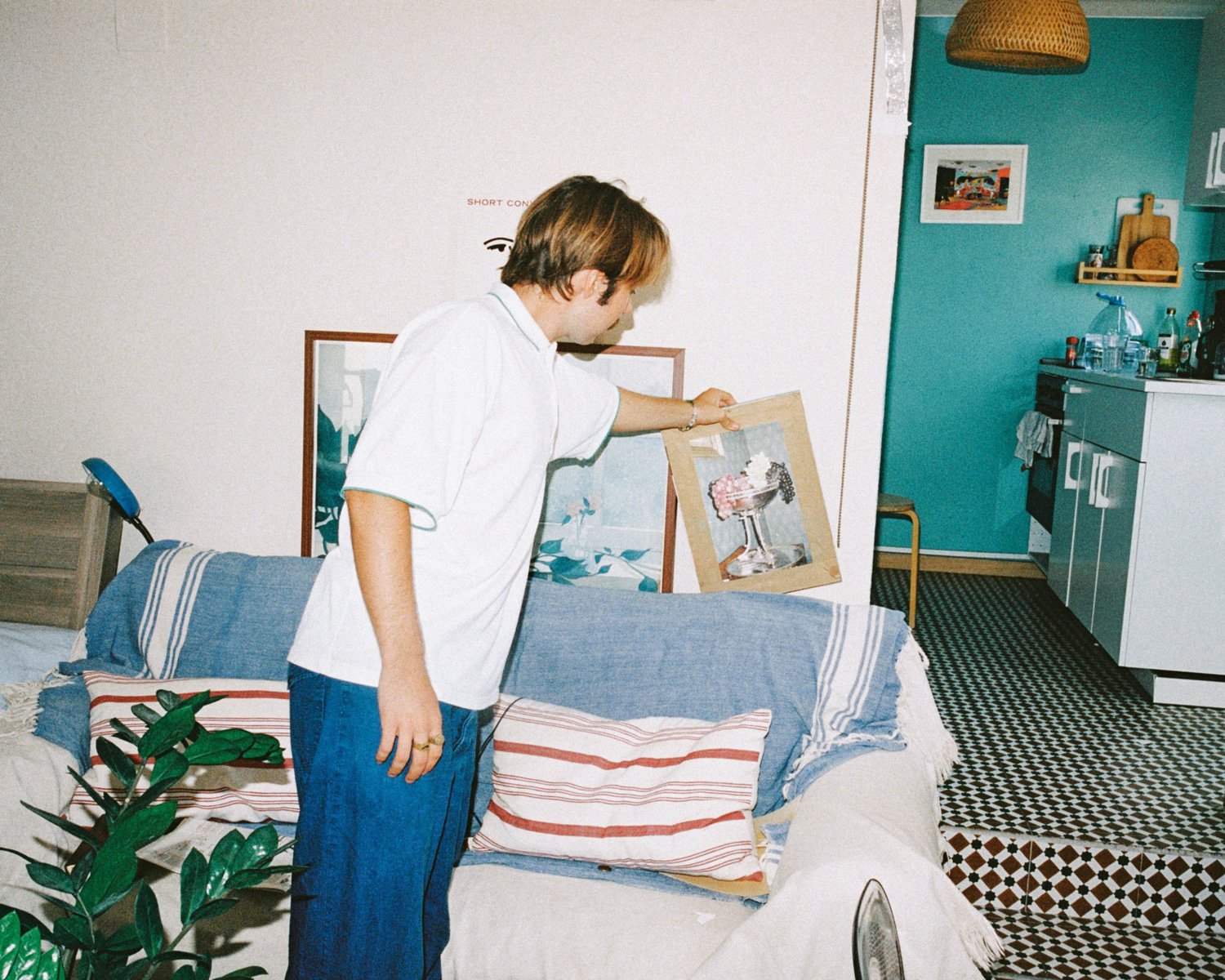
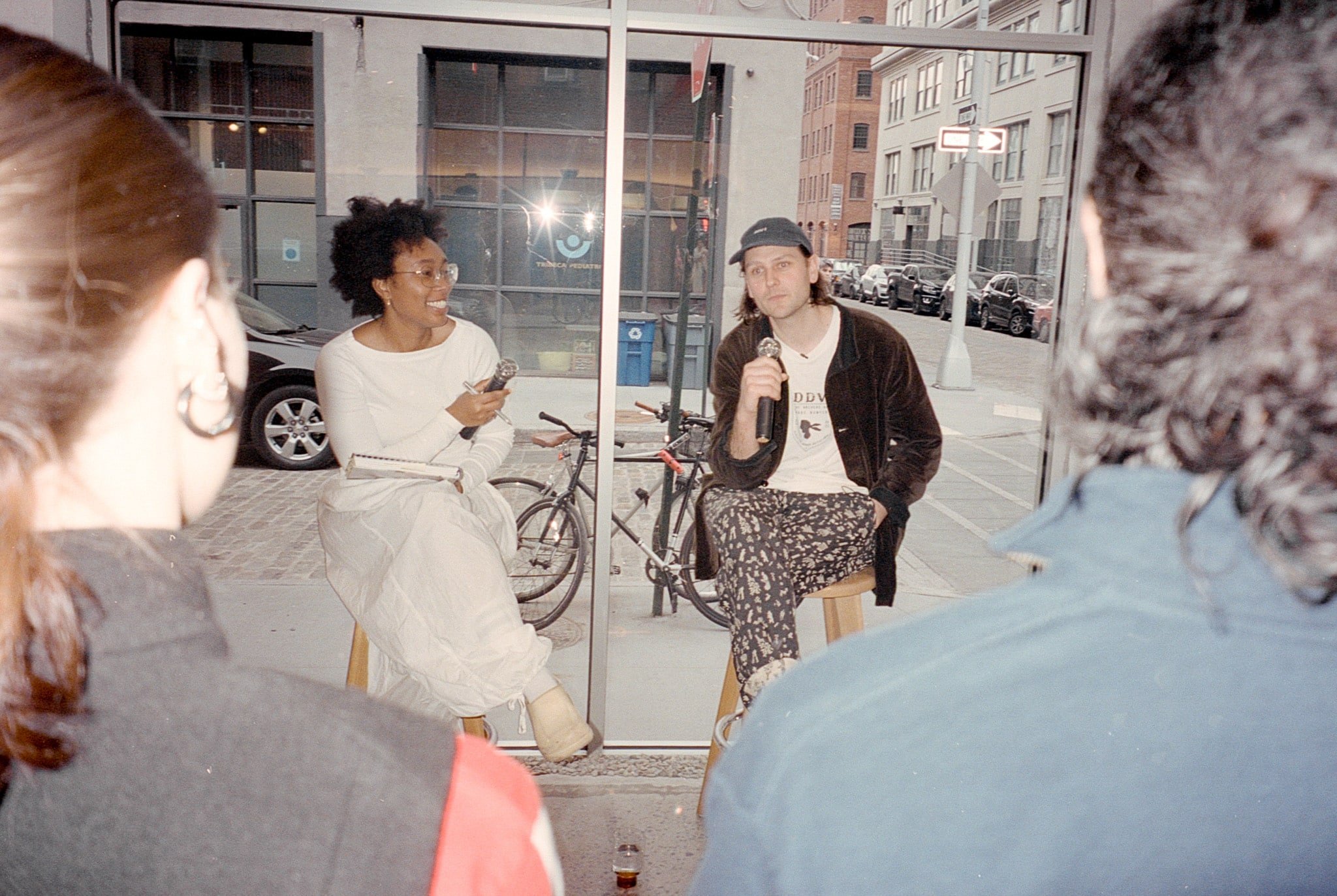
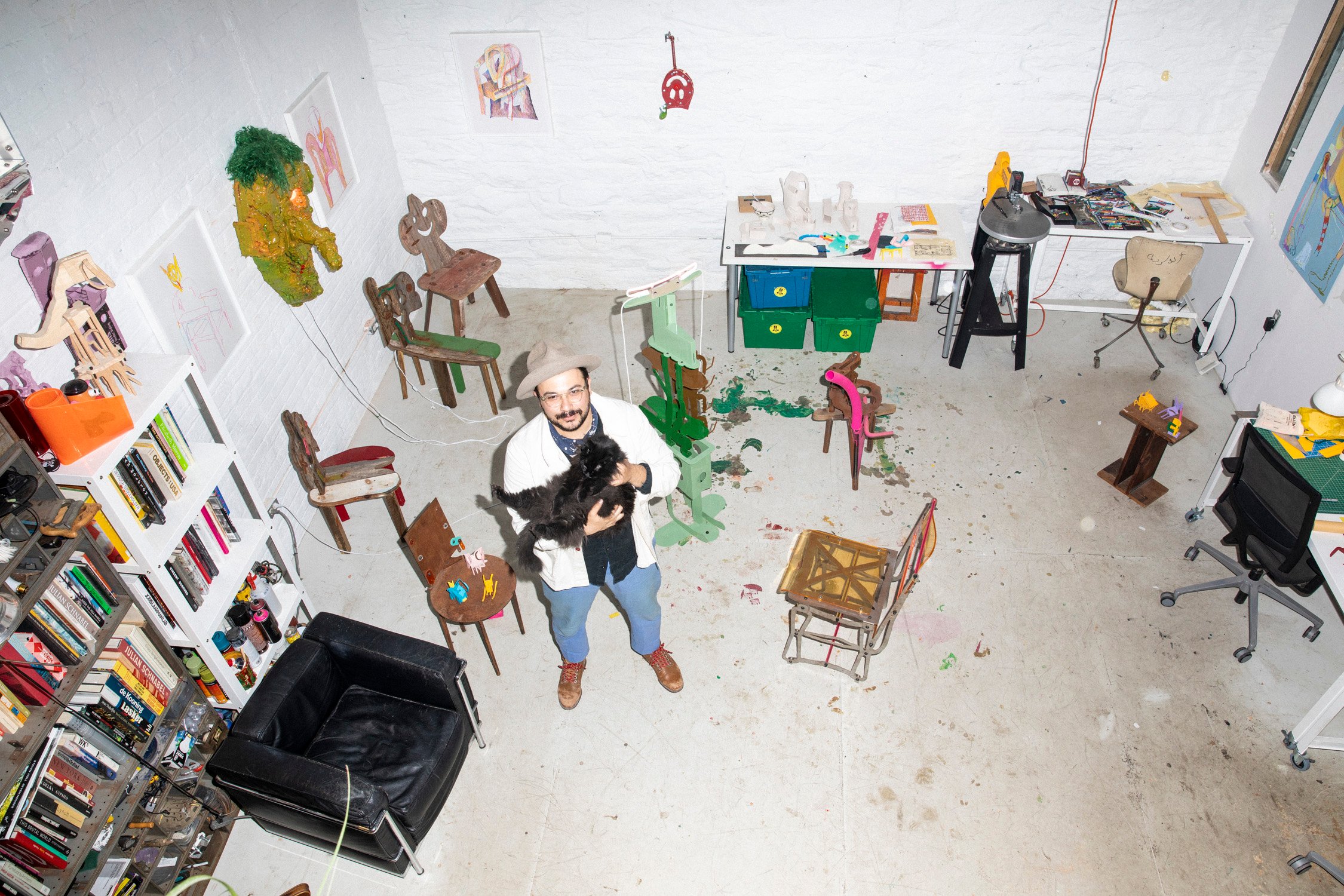
 close
close







